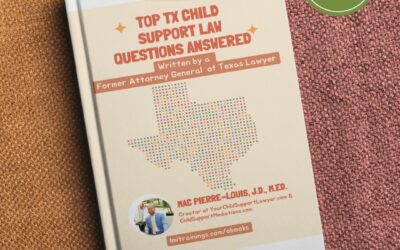Claiming a child as a tax dependent who does not live with you
It’s Spring! That time of year when parents nationwide claim their dependent minor children on their federal taxes.
Child Tax Credit
 The Child Tax Credit is a tax-reducing entitlement millions of parents take advantage of each year to offset some of the costs associated with caring for their children. Let’s face it, kids are expensive. Every little bit of help that lessens a family’s tax burden is a big deal.
The Child Tax Credit is a tax-reducing entitlement millions of parents take advantage of each year to offset some of the costs associated with caring for their children. Let’s face it, kids are expensive. Every little bit of help that lessens a family’s tax burden is a big deal.
Taking advantage of the Child Tax Credit however is not that simple. There are numerous constraint that impact a parent’s ability to claim their child. Some of these constraints are requirements such as:
- the child must be under 17 years of age;
- the child must be a “dependent” of the parent;
- the child must be a U.S. citizen, national, or green card holder;
- the family’s household income must be under a certain threshold.
However, the most important constraint in child custody scenarios where the child lives in 2 homes is the residency requirement. IRS tax rules require that the child reside or live with the parent claiming her for more than half the tax year before the claiming can occur. This requirement often results in only one parent (the custodial-parent) being able to claim the child. The non-custodial parent usually has no legal ability to claim the child since they usually do not have the child residing with them 51% or more of the calendar days in a given tax year. A non-custodial parent who claims a child against the wishes of the custodial parent may eventually get a nasty letter from the IRS.
A common way to address the ability to claim a child who does not live with you is to get both parents to agree for such claiming to occur. This is best done through an agreed court order. The agreed order may say the non-custodial parent always gets to claim the child every year. It may also say one parent claims the child every even tax year, while the other parent claims every odd tax year.
There are numerous ways a non-custodial parent can take advantage of the Child Tax Credit for his child, but it will usually have to be done by agreement.





